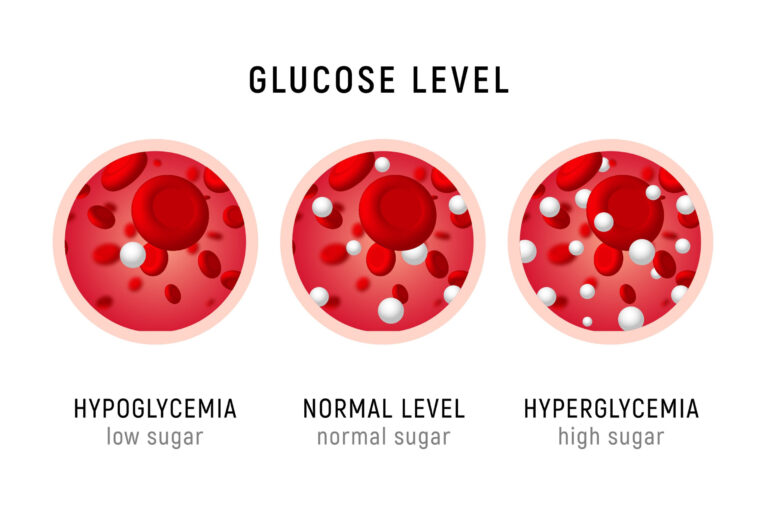So what’s the real story on High vs. Low blood sugar? If you have diabetes, you are familiar with the following blood sugar guidelines. But what are the symptoms if your blood sugar goes high vs. low?
So spoiler alert. For me, it’s when my blood sugar goes low. I cared for my mother when she got older, and I saw so many nurses and facilities let her blood sugar get low. This would make her where she couldn’t talk, she was so out of it, and one time she went into a full-on seizure. I think her sugars were in the 30s that day. And here is some other information to help you understand how low blood sugar can affect a person with diabetes.
But high blood sugar is just as bad. That’s what my doctor says, and so do a lot of experts online. When your blood sugar is high, it can do damage like a, b, c. And although right now I might not be “feeling the effects right now,” I am educated and logically know it is tearing up my body on the inside, which can lead to problems like x, y, and z.
So what say you? High or low.
What You Need to Know About High Blood Sugar & Low Blood Sugar
Blood sugar, sometimes also known as blood glucose, is the body’s primary energy source. However, having blood sugar levels that are too high or too low can cause a wide range of health problems. High blood sugar, also known as hyperglycemia, happens when too much glucose is in the bloodstream. In contrast, low blood sugar, also known as hypoglycemia, occurs when there is too little glucose in the bloodstream. In this essay, we will compare and contrast the different symptoms and risks of high blood sugar and low blood sugar.
High Blood Sugar:
Symptoms:
- Increased thirst
- Frequent urination
- Blurred vision
- Fatigue
- Dry mouth
- Headache
- Nausea and vomiting
Risks:
- Diabetic complications (e.g., neuropathy, nephropathy retinopathy)
- Cardiovascular disease
- Kidney disease
- Increased risk of infection
- Diabetic coma
Low Blood Sugar:
Symptoms:
- Shakiness
- Dizziness
- Sweating
- Hunger
- Irritability
- Confusion
- Blurred vision
- Rapid heartbeat
Risks:
- Loss of consciousness
- Seizures
- Brain damage
- Coma
- Death
High and low blood sugar can cause serious health problems if left untreated. However, high blood sugar is associated with long-term complications such as cardiovascular and kidney disease. In contrast, low blood sugar can cause immediate and life-threatening complications such as loss of consciousness and brain damage. The symptoms associated with high and low blood sugar also differ, with high blood sugar causing increased thirst and frequent urination, while low blood sugar causes shakiness and hunger.
It is most important to maintain healthy blood sugar levels to prevent health complications. If you experience high or low blood sugar symptoms, seeking medical attention is vital. With proper management, people with diabetes can avoid the severe complications associated with high and low blood sugar and live healthy, active lives.



